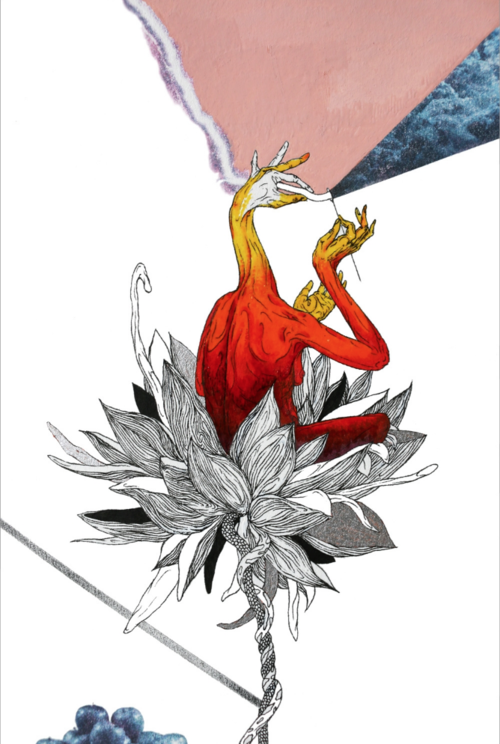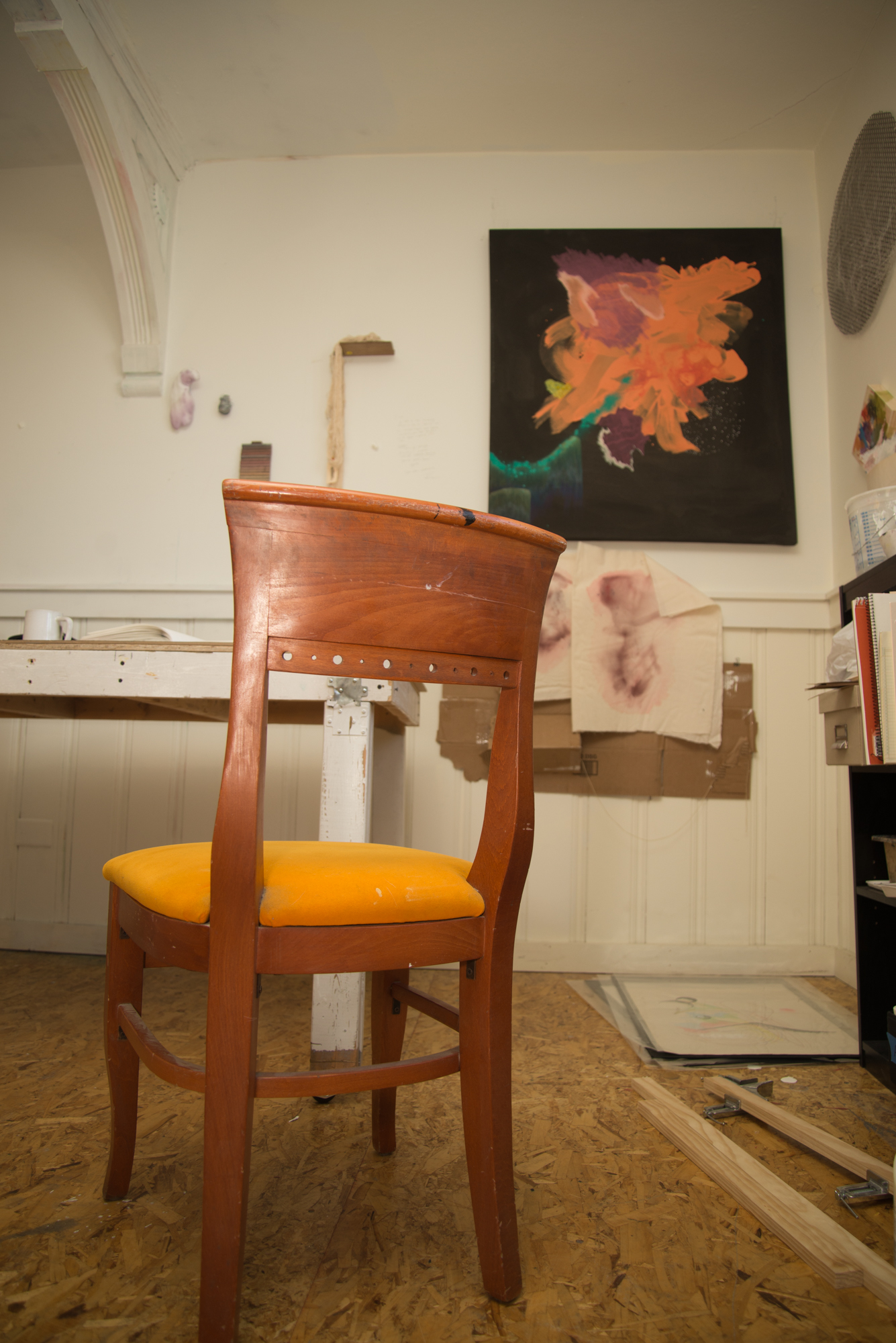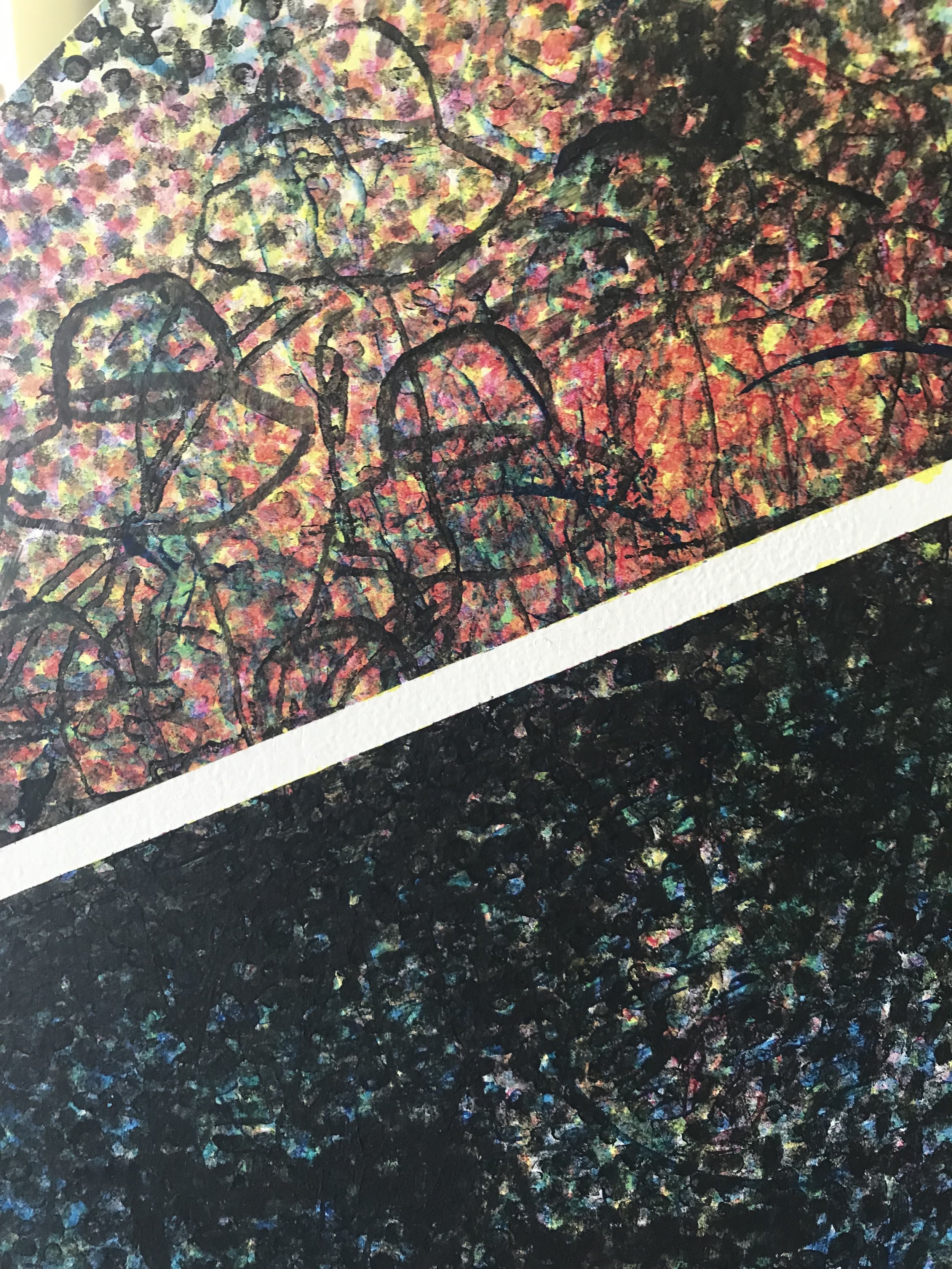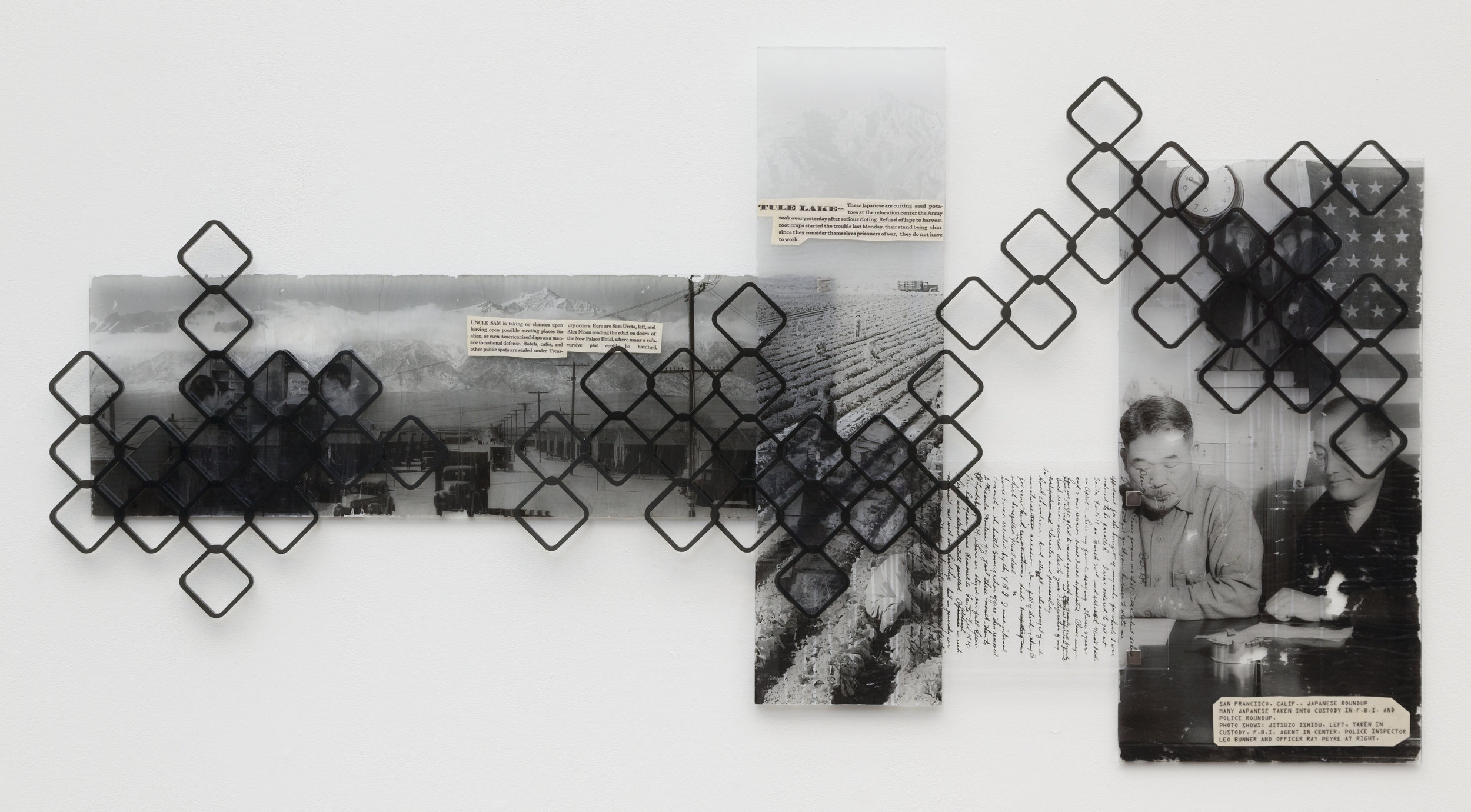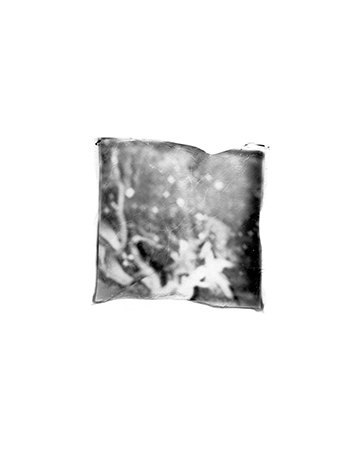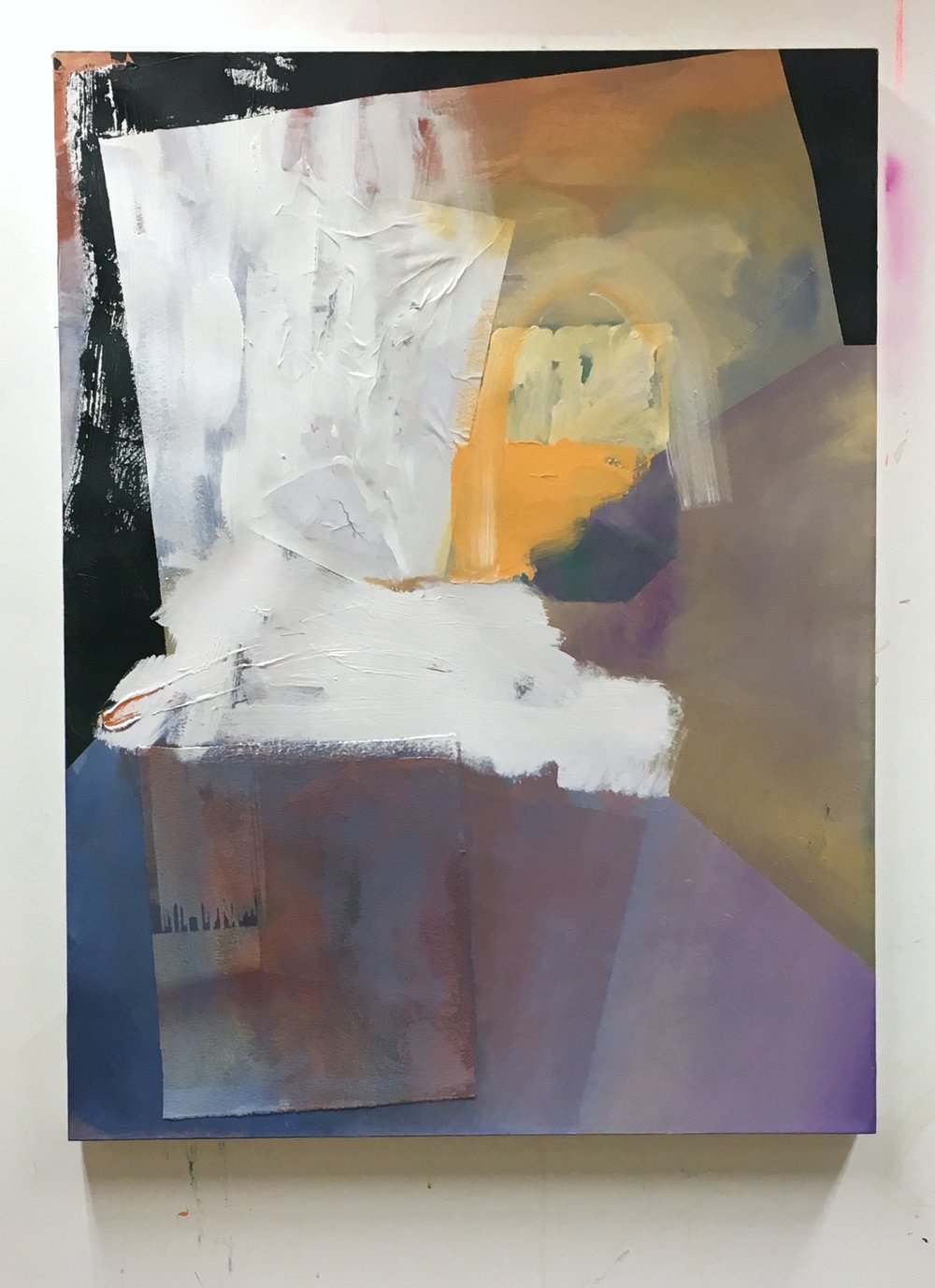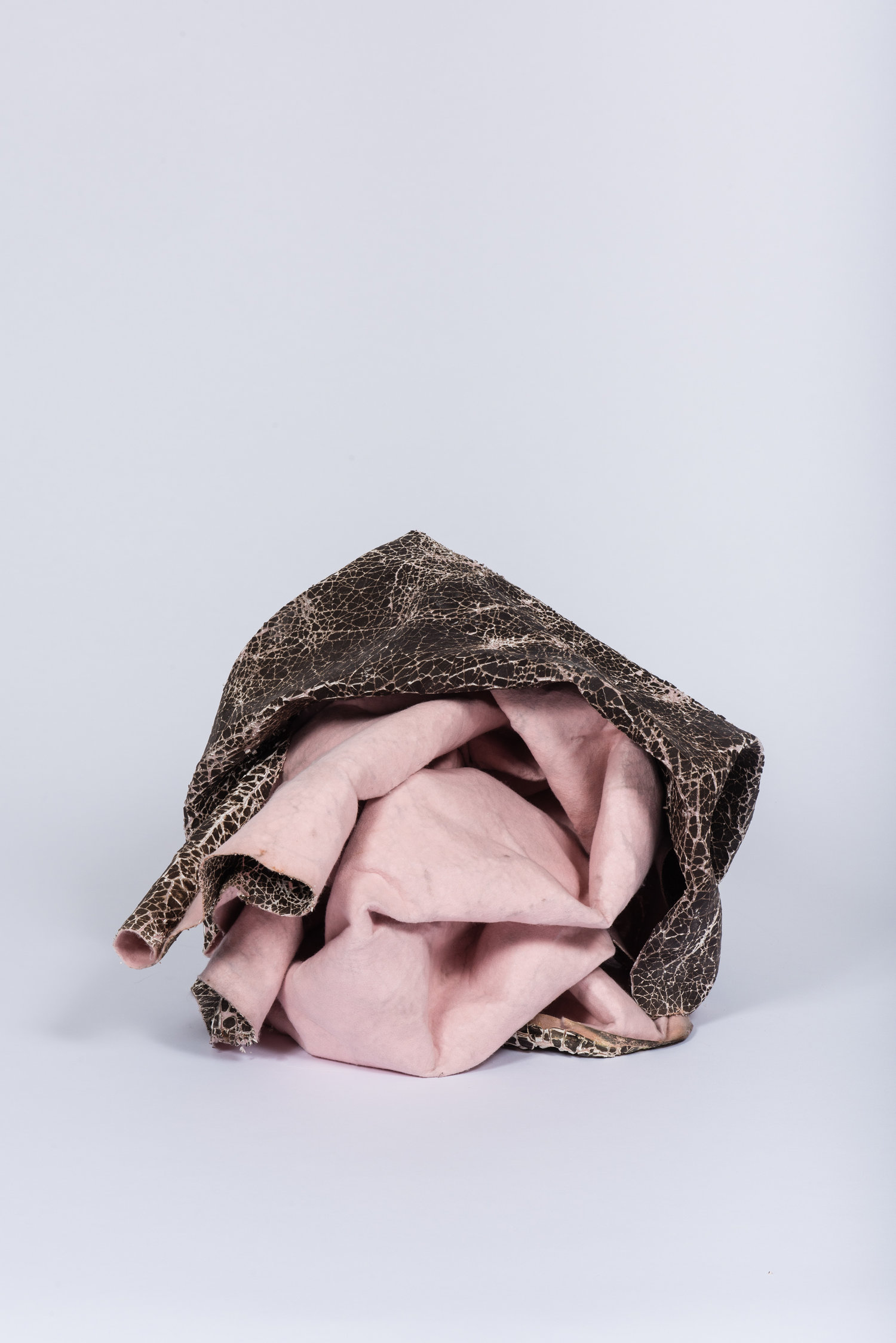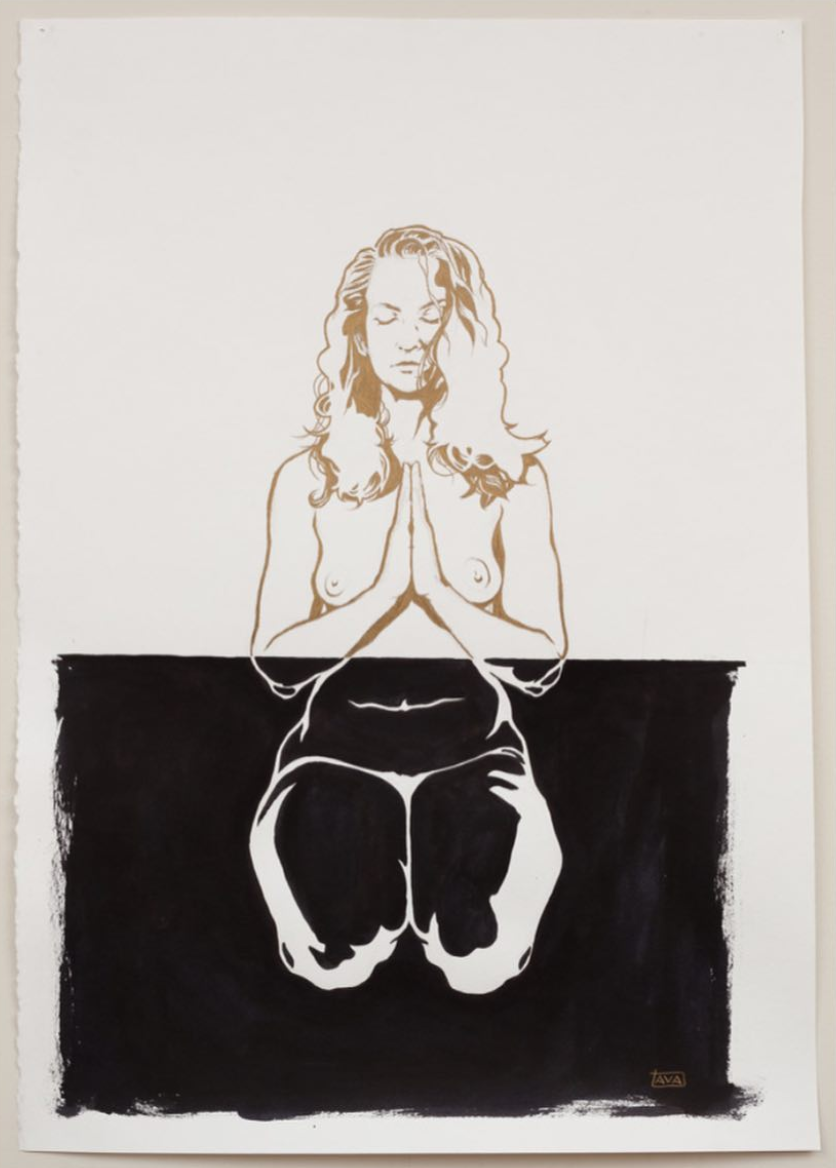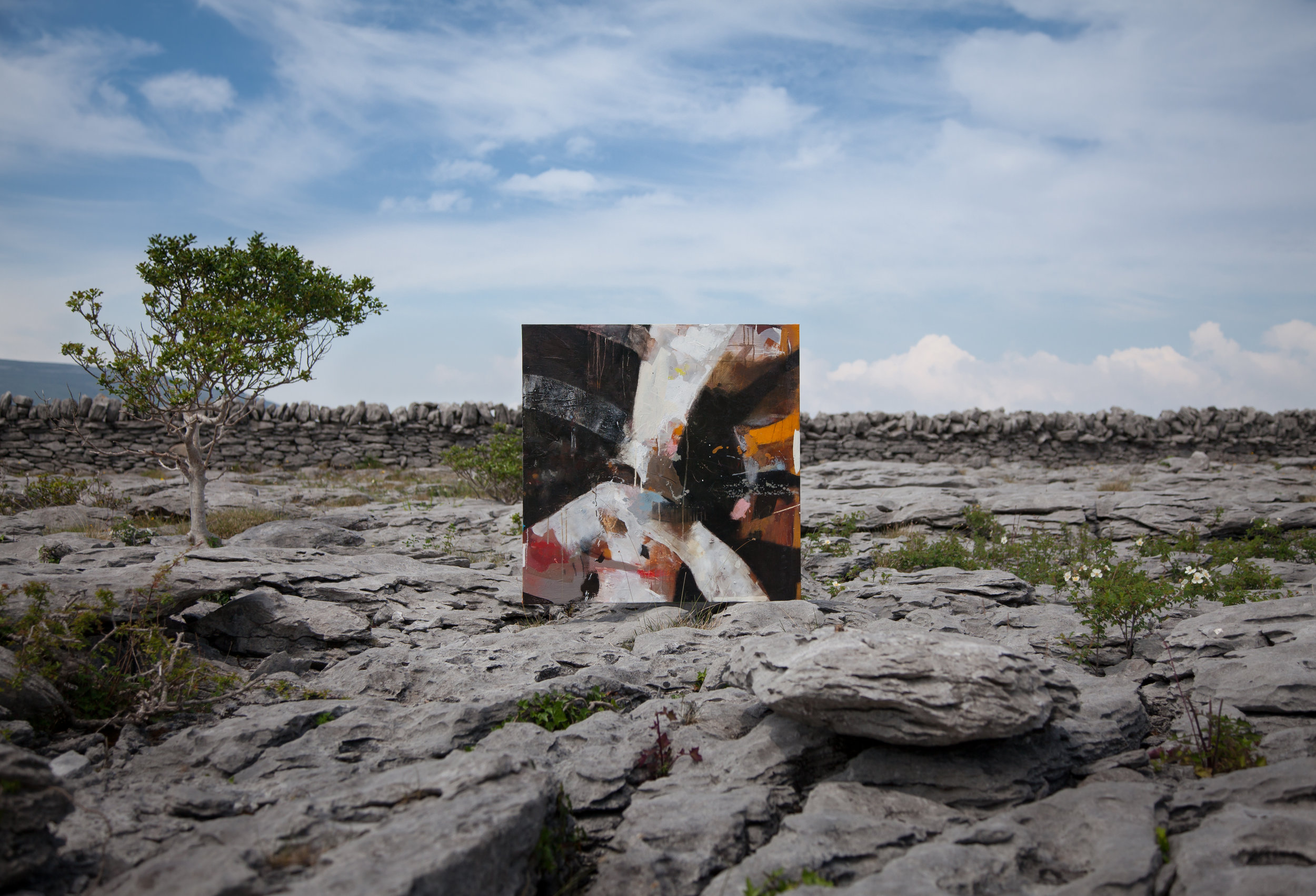Sienna Burnett
/A young artist with a fiery spirit, and a head of curly red hair to match, Sienna Burnett is a poet and actor on the rise. Currently living in Seattle, Washington, Burnett has been moving between homes quite a bit in the last few years. She previously attended school at University of Northern Colorado in Greely, CO where she received her Bachelor’s Degree in theater studies, and shortly after lived in Denver, where her love of slam poetry was able to grow and thrive.
She then moved back to her home state of Washington, and has been pursuing acting, both in the theater and on movie sets (catch her in LIONS, to be released soon), while also creating poetry between her active lifestyle (Crossfit 4-5 times a week), day job (working for a hotel), and family life.
Burnett grew up in Woodinville, Washington, a green forest suburb of Seattle, where she was part of a family that “was never normal.” She was born into a family as the baby, with two old sisters and an older brother, and described her families’ whole lives as being “informed by creativity”, and as not being afraid to honor, chase, and prioritize the creative lifestyle. This, while sounding quite amazing, is not always glamorous, but the Burnett’s were able to “scrap things together in a very intentional way.”
She comes from a family that was not involved in PTA meetings, school sports, or everything that makes a school child “normal”, and though she looks back on this fondly, she recounted wanting “to have straight blond hair and be named ‘Rachel’ or something, but that was never me.”
A mother with many talents, from being a fitness instructor to a boutique stylist, and a father who makes music and visual art, Burnett was encouraged from a young age to chase her passion, while also being encouraged to chase the path of religion. Her parents were involved in the church as non-denominational Christians, and sought to build a community for their children by bringing them to church, but as Burnett recounted to me, she began to question the idea of God, become aware of her disconnection from religion, and began to feel the pressures of personal guilt from a young age.
Photo courtesy of the artist.
By the time she had reached junior high school she had become almost entirely disconnected from the church, and as she grew began to understand her place in a different community: the queer community.
“When I was growing up I had no awareness of the fact that I was queer. It wasn’t this thing that I identified [with] or felt like I was hiding, I didn’t even figure it out until I was 21.”
Having a religious family can be quite tough, but luckily for Sienna, her parents are very open to growing as humans and are about evolving as a person rather than shutting out something that seems difficult. They have grown from being scared and surprised about her coming out to advocates, who are not afraid to challenge what is taught in the church.
“Being a human means that your work is never done.”
Photo from artist’s website
College became a time of growth for Sienna. She was in a serious relationship with a man her junior year, all the while beginning to write poetry about women, and when their relationship began to take a path destined for marriage, an overwhelming thought rushed over her body.
“If I get married without ever getting to experience love with a women, that would be unbearable.”
And then began an explosive new phase of discovery for Sienna that she was unaware of and “20 years worth of this story just came out at once” through her poetry.
She previous work revolved around an interest in linguistic nuance with little content, and at this moment of change, she “felt like [she] finally had something to write really passionately about.”
“It was never like, “Oh no, I feel guilty about this or this is not good.’ It was just coming out of me. It was a part of my story that I was speaking that I just didn’t know yet. I didn’t have the context to understand.”
Photo courtesy of the artist.
Always a writer at heart, Burnett began writing poems at the age of 7 and always imagined them being read out loud. By 12 she had discovered the theater and began to develop a dual passion for both writing and for performing the writing of others. For her it doesn’t matter the outlet, “the overall goal is that I want to be a part of telling stories.”
Taking a multidisciplinary approach to her craft, Burnett is able to approach both sides of the performance spectrum head on. When she goes about writing her own material she is able to express an idea, craft a rough draft, perform it, tweak it, rewrite, perform, edit, and come up with a final product. She can make it feel theatrical or emotional, ambiguous or straight to the point. She can draw from other poets and writers to inspire new work, and still find that “unmatchable physical connection” by performing the piece live at a poetry slam.
And on the flip side, she sits in a unique place where she also gets to perform the work of others and is allowed to “sit in somebody else’s talent” for a moment in time.
“They are so different but they feel like part of the same conversation for me,” says Burnett.
Though spoken word came first for her, “actually getting to be a part of telling that story [of someone else] is really satisfying.” But this outlook didn’t always come easy for Burnett. In fact she spent a large part of her college years feeling guilty for not focusing her craft to one area of creation. Like many emerging creatives trying to find a niche, Burnett’s inner voices told her she was not “driven enough to stick to one thing. I want to do all these things, and I thought, ‘this makes me a bad artist or less successful then I would have been had I just stayed on one track.’ I’ve been trying to embrace that.”
As a creative professional and a being in constant evolution, Burnett has found a nice balance between the two worlds and has begun to see the benefit of allowing herself space to move between her mediums.
“The more I think about it the more I feel like they are the same. They are different crafts but it’s the same motivation.”
“People aren’t just this or that…
we all contain multitudes. I’m hoping we can move towards a space where that is more accessible.”
The balance in her crafts helps her move through the editing process smoothly. Interested in how poets use vocal nuance to deliver specific messages, which is demonstrated very clearly in her original poem Lunch (below), her editing has always relied on a vocal rhythm. She wants works to be read a specific way, though is quite aware people will inform it differently, so she works heavily with line breaks, punctuation, and capitalization in her written work.
Her editing process works like this: after a 10-15 minute free write, which she dubs “taking out the trash”, she might begin riffing off of some random idea that came from that, or working on a separate work all together. After a piece is drafted up, Burnett needs it be read out loud, either at a slam in front of an audience, or just to herself. This allows the poem to take on a life and begin to have some feeling, which is then reprocessed and reworked. She saves every version of the work and quite often the end product is strikingly different from the original poem.
“The writing process, or just getting things out in this really messy way, that’s where the spirit of the piece will come out. You can’t actually fully extract that [spirit] until you take it through this editing process.”
Often full of vivid emotional landscapes and unexpected twists, Burnett’s work takes the viewer into a space all her own. She is able to communicate personal stories in a way that allows a general reader to connect on both a personal and emotional level, all the while feeling guided by her well-crafted taste for vocal nuance.
Sienna is currently working on a second collection of poems, but her debut book ocean poems and other living things can be found here. You can find more of her work via her website, instagram or facebook page, as well as featured on Button Poetry and Buzzfeed.







